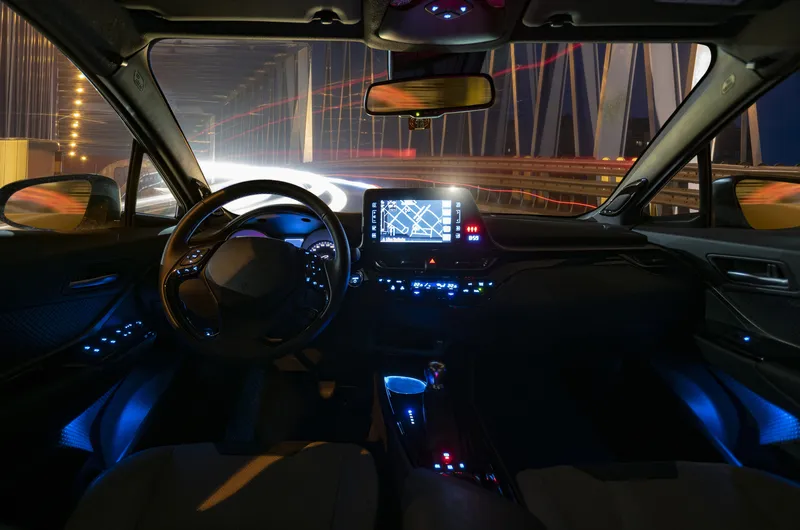According to the Japan Times, Japan’s Internal Affairs and Communications Ministry is concerned about the possibility that a cyber attack on self-driving car systems might lead to traffic accidents. It has drawn up guidelines in a bid to defend against the hacking of a proposed next-generation driving support system that aims to help accelerate the development of autonomous driving cars.
The ITS (Intelligent Transport Systems) Connect Promotion Consortium, which is made up of automakers and electronics-m
August 24, 2015
Read time: 2 mins
According to the Japan Times, Japan’s Internal Affairs and Communications Ministry is concerned about the possibility that a cyber attack on self-driving car systems might lead to traffic accidents. It has drawn up guidelines in a bid to defend against the hacking of a proposed next-generation driving support system that aims to help accelerate the development of autonomous driving cars.
The ITS (Intelligent Transport Systems) Connect Promotion Consortium, which is made up of automakers and electronics-maker, is developing the system with the government. It plans to establish specifications on the technology to prevent cyber attacks in autumn this year.
The system is aimed at helping ensure safe driving by distributing information on nearby automobiles and pedestrians, traffic signals and data collected through radio communications to moving vehicles and alerting drivers to possible dangers such as blind spots. It is also expected to improve automatic emergency braking technologies to prevent collisions.
The consortium will consider encrypting such information by using special technologies to prevent it from being altered.
Autonomous driving uses such equipment as an on-vehicle camera and sensor that collect information on the surrounding environment, with related technologies being developed by automakers and electronics-makers.
Toyota is said to be considering introducing equipment compatible with the system in a planned fully remodelled version of its Prius hybrid vehicle and other vehicle models.
The ITS (Intelligent Transport Systems) Connect Promotion Consortium, which is made up of automakers and electronics-maker, is developing the system with the government. It plans to establish specifications on the technology to prevent cyber attacks in autumn this year.
The system is aimed at helping ensure safe driving by distributing information on nearby automobiles and pedestrians, traffic signals and data collected through radio communications to moving vehicles and alerting drivers to possible dangers such as blind spots. It is also expected to improve automatic emergency braking technologies to prevent collisions.
The consortium will consider encrypting such information by using special technologies to prevent it from being altered.
Autonomous driving uses such equipment as an on-vehicle camera and sensor that collect information on the surrounding environment, with related technologies being developed by automakers and electronics-makers.
Toyota is said to be considering introducing equipment compatible with the system in a planned fully remodelled version of its Prius hybrid vehicle and other vehicle models.







